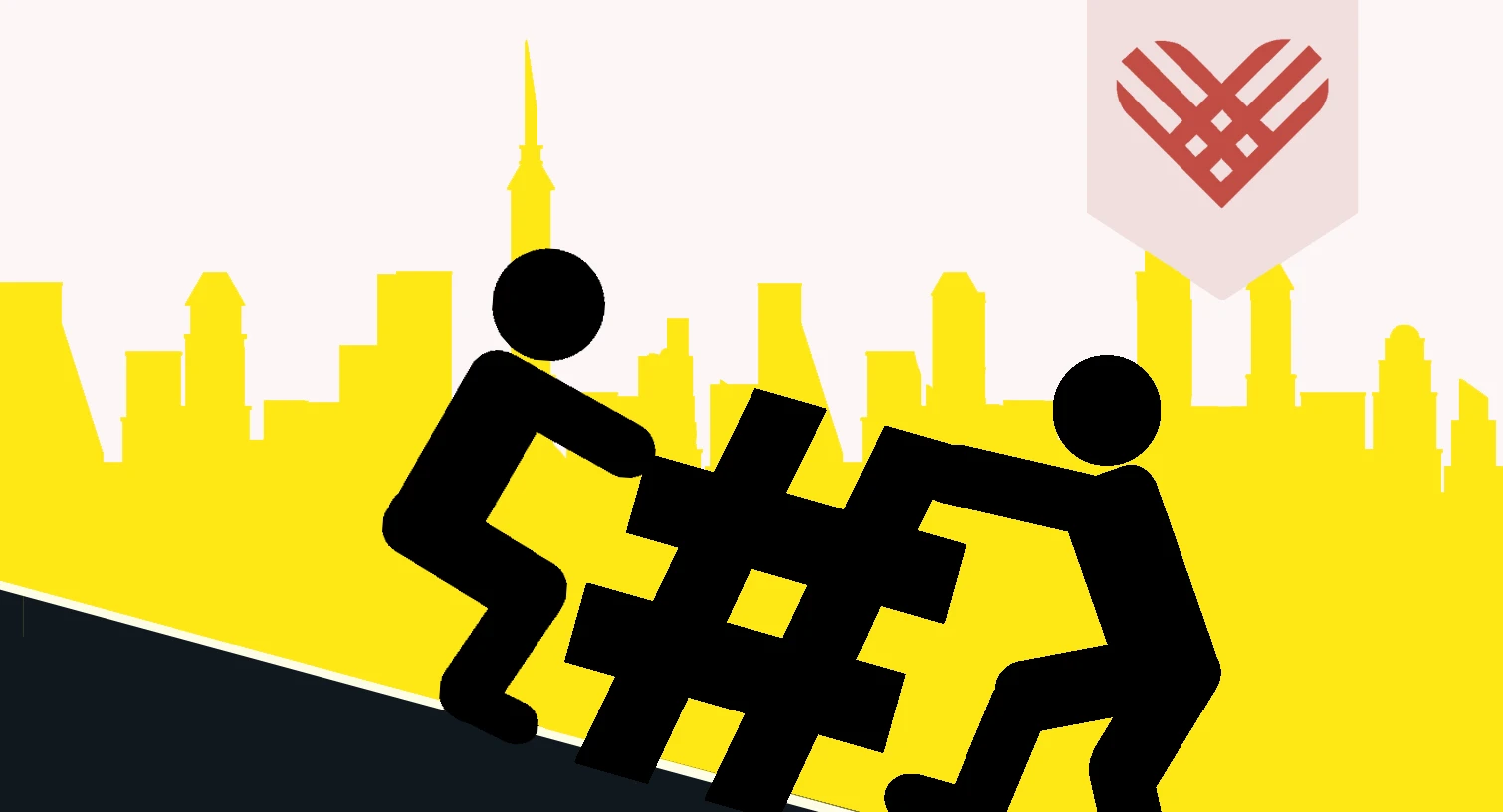How To Use Hashtags
Published: October 26, 2022
 by Janet Bargewell, GiveDirect Support
by Janet Bargewell, GiveDirect Support
What is a Hashtag?
A hashtag is a word or phrase that makes your post discoverable (searchable). They help to categorize (or describe) your content by topic, conversation, event, or campaign. They are also an excellent way to connect your audience with your cause. Here are some basics on hashtag construction.
- Hashtags always start with the pound sign (#).
- They won't work with spaces, punctuation, or symbols.
- You may use capital letters for ease of reading, but lowercase is more acceptable for short or one-word tags (i.e., #HowToUseHashtags vs #howtousehashtags).
- Your account must be public for hashtags to be searchable.
- The best hashtags are short (too many words will be difficult to read and hard to find).
- Limit the number of hashtags in your post -- more is not necessarily better.
- Use hashtags that are popular and relevant.
How to Use #s by Platform
Knowing when, where, and how many hashtags to use will increase your social media reach and engagement regardless of which platforms you use. However, you must understand the hashtag etiquette for each platform. Here are some basic guidelines for hashtag usage:
| Platform | Optimal number of hashtags | Where to use | How to search for hashtags | Platform tips for usage | |||||
|---|---|---|---|---|---|---|---|---|---|
| 2-3 | Include anywhere in your post. | Search for hashtags using the search bar. Click on a hashtag to see a feed already using the same hashtag. |
|
||||||
| 3-5 | Include in your caption or in the comments section. | Search hashtags in the "Tags" tab of the Explore section. |
|
||||||
| 1-5 | Include anywhere in your post. | Search for hashtags in the search bar. See trending hashtags in "news and views." |
|
||||||
| 2-5 | Include at the end of your Pin description. | Use the Pinterest hashtag generator to see hashtags which start with a specific keyword. |
|
||||||
| TikTok | 3-5 | Use in the caption (recommended) or comments (less effective). | Search for hashtags in the search bar or on the "Discover" page. |
|
|||||
| YouTube | 3-5 | Add to your video title or in the video description. | Type in "#" in the YouTube search bar to find popular tags. |
|
|||||
| X | 1-2 | Use anywhere in your tweet. | Search for hashtags using the search bar. See trending hashtags in trending topics. |
|
|||||
| Snapchat | 0 | Not supported. |
Key Dos and Don'ts
Since X was the birthplace of hashtags and Instagram uses hashtags as an integral form of organization and search, hashtags seem to perform better on these two platforms. However, that does not mean you shouldn't use them on other platforms. There are specific dos and don'ts when creating and using hashtags.


Popular GivingTuesday Hashtags
According to best-hashtags and Top-Hashtags here are the most popular GivingTuesday hashtags used on Instagraph listed alphabetically.
#bekind #blackouttuesday #communityoutreach #communitysupport #compassion #dogood #donatenow #donations #education #fundraising #giveback #givingback #givingtuesday #givingtuesday #givingtuesdaynow #help #makeadifference #mytowntuesday #nonprofitorganization #nonprofitsofinstagram #philanthropy #positivity #socialgood #tuesdaymotivation #tuesdays #volunteer #volunteerappreciation
Remember, while it is okay to use popular hashtags, don't only use popular hashtags. This will greatly limit your ability to reach your audience.
Doing Your Research
If you're ever unsure about what hashtags to use, there are online tools that can help. Ritetag, Hashtagify, Planoly and Trendsmap are just a few of the options out there. You can try different hashtags on different platforms to determine what works and what doesn't.
Conclusion
When it comes to social media, hashtags can be your friend if used wisely. On the other hand, if used recklessly, they can be detrimental. It is important to do your research and know the platform you are posting to. But, most of all, if you haven't started already, try out hashtags in your next social media post! With practice, hashtags can help you expand your reach and gain more attention for your cause.